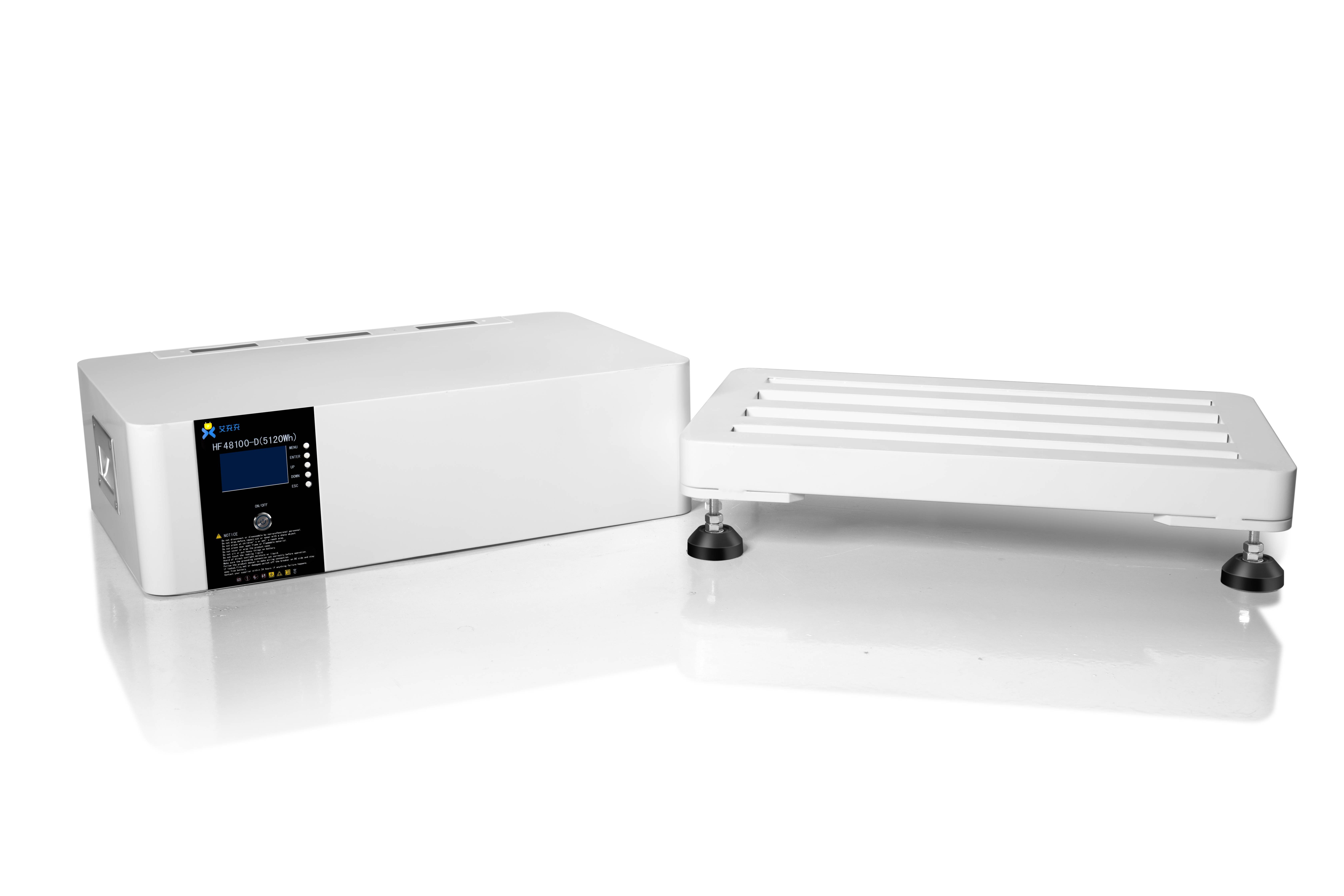
Oct . 09, 2024 10:09 Back to list
lithium iron phosphate battery manufacturers
The Rise of Lithium Iron Phosphate Battery Manufacturers
As the world moves towards a more sustainable future, the demand for efficient and reliable energy storage solutions continues to grow. Among various battery technologies, lithium iron phosphate (LiFePO4) batteries have gained significant traction due to their numerous advantages, making them a popular choice for various applications, ranging from electric vehicles to renewable energy storage systems. This article explores the landscape of lithium iron phosphate battery manufacturers, their unique offerings, and the challenges they face in a rapidly evolving marketplace.
Understanding Lithium Iron Phosphate Batteries
Lithium iron phosphate batteries are a type of lithium-ion battery that uses lithium iron phosphate as the cathode material. They offer several benefits over other battery types, including improved thermal stability, enhanced safety, longer lifespan, and higher discharge rates. These characteristics make LiFePO4 batteries ideal for applications requiring frequent cycling and a robust performance under demanding conditions.
The ability of LiFePO4 batteries to operate effectively in high temperatures and their non-toxic nature further bolster their appeal. With a lifespan of over 2,000 cycles, these batteries significantly outperform traditional lead-acid batteries, which often last only a few hundred cycles. This longevity, combined with minimal maintenance requirements, renders LiFePO4 batteries an economically viable choice in many applications.
Key Players in the Market
Numerous manufacturers have emerged in the lithium iron phosphate battery sector, each contributing to technological advancements and market growth. Some of the leading companies include
1. A123 Systems Known for its pioneering work in LiFePO4 technology, A123 Systems focuses on high-performance batteries for electric vehicles (EVs) and grid storage. Their commitment to innovation has positioned them as a leader in the industry.
2. BYD This Chinese conglomerate has become synonymous with electric vehicles and renewable energy solutions. BYD's lithium iron phosphate batteries are widely used in their EVs, providing a stable and reliable source of power.
lithium iron phosphate battery manufacturers

3. CATL (Contemporary Amperex Technology Co. Limited) As one of the largest battery manufacturers globally, CATL produces lithium iron phosphate batteries for a range of applications, including automotive and energy storage systems. Their investment in research and development has resulted in cutting-edge products that push the boundaries of battery performance.
4. Kokam A South Korean advanced battery manufacturer, Kokam specializes in lithium polymer and lithium iron phosphate batteries. Their products are widely used in industrial applications, military, and energy storage solutions, demonstrating versatility across sectors.
5. Lishen Battery Another prominent Chinese manufacturer, Lishen, is known for its high-quality LiFePO4 batteries tailored for electric buses and energy storage systems. With a focus on sustainability, they aim to reduce carbon footprints through innovative battery solutions.
Challenges and Opportunities
Despite the notable advantages and growth potential, lithium iron phosphate battery manufacturers face several challenges. Competition from other battery technologies, such as lithium nickel manganese cobalt (NMC) and solid-state batteries, poses a threat to market share. Manufacturers must continuously innovate to enhance energy density and reduce costs to remain competitive.
Additionally, the supply chain for raw materials, particularly lithium, iron, and phosphate, can be volatile. Fluctuations in the availability and price of these materials may impact production costs and ultimately affect pricing strategies. Manufacturers need to establish robust sourcing strategies and consider recycling efforts to mitigate these risks.
On the flip side, there are significant opportunities for LiFePO4 battery manufacturers. The growing emphasis on renewable energy sources, electric vehicles, and grid stability presents new markets for these batteries. Governments worldwide are implementing policies to promote electric transportation and renewable energy systems, which could further bolster demand for LiFePO4 batteries.
Conclusion
The landscape of lithium iron phosphate battery manufacturers is dynamic and rapidly evolving. With their inherent advantages in safety, longevity, and performance, LiFePO4 batteries are well-positioned to play a crucial role in the global transition to sustainable energy solutions. As manufacturers continue to innovate and address challenges, the future looks promising for lithium iron phosphate technology, reinforcing its significance in the quest for cleaner and more efficient energy storage systems.
-
High-Efficiency Microinverter Solutions Top Microinverter Suppliers & Exporters
NewsJul.08,2025
-
Top Energy Storage Companies Leading Utility Scale & Long Duration Solutions
NewsJul.08,2025
-
Charge Point Charger - Reliable Charging Solutions for EVs Leading Charge Point Charger Company & Exporters
NewsJul.07,2025
-
Types of Battery Energy Storage Systems - Leading Products & Exporters Company
NewsJul.07,2025
-
AC or DC Power Supply in Home Trusted Google Home Power Supply Voltage Manufacturers
NewsJul.07,2025
-
High-Performance Portable Power Station 220V – Reliable Energy Solutions for Outdoors & Emergencies
NewsJul.06,2025























